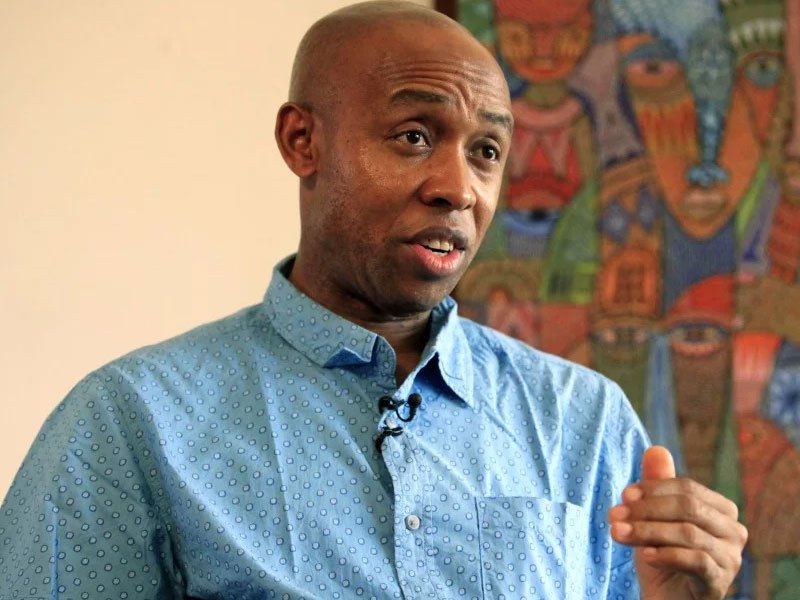Abba Eban, an Israeli diplomat, and politician, and a scholar of the Arabic and Hebrew languages, is often ascribed an old and popular line: “The Arabs never miss an opportunity to miss an opportunity.”
This has rung true in Nigeria’s 58 years as a nation, where both leaders and the led demonstrate a humongous aptitude of never missing an opportunity to miss an opportunity, which in this instance getting to the very basics of planning.
Since independence the country has failed to count its people properly and accurately, as there have been disputes over the five censuses conducted so far since 1962 through to 2006, making the country missed an opportunity to lay a good foundation for data management and economic growth.
The failure to do that one basic thing has stymied progress ever since as the country cannot organize free and fair elections, a burden that is carried over to accounting for resources and finances, since the counting basis, census, has been difficult to achieve.
Leaders or better still people who found themselves in government are wont to scuttle the counting process so that it would be difficult to make them accountable for the resources they are entrusted to manage.
Today the country almost always relies on estimates, estimates about head counts, estimates about proceeds from oil and other resources and of course estimates about eligible voters.
Chidi Odinkalu, former chairman, National Human Rights Commission, succinctly summed up the country’s challenges in the failure to count – counting its people, votes, and resources.

Speaking at this year’s World Press Freedom Day programme organized by the United States Mission in Nigeria in Lagos Thurs- day, May 3, 2018, Odinkalu said Nigeria is gearing for another election in about seven months without knowing how many we are and the detailed demographics of the population, which would aid the proper counting of the votes to elect a leadership that we would entrust the task of counting and account for its resources and finances.
He said Nigeria always want to do things without proper planning, lamenting that the election is so close and there is no budget to prosecute the voting as the
2018 budget is yet to be passed, adding that INEC is starved of funds and would be at the mercy of politicians who have ‘trousered’ enough to compromise its leadership and officials.
He pointed out that Nigerian elections have been won more in the courts than from the electorates, saying over 60 percent of verdicts were given in the courts. He added that growth of eligible voters between elections is a far cry from the actual growth in population.
Economic analysts specifically allude to the current infrastructure gap to the lack or failure of counting the people.
“Today the country can only guesstimate the number of school-age children to provide the necessary educational infrastructure. This is ditto for working age and the aged,” an analyst told business a.m., adding that aside from our inability to count,
the borders are so porous that anybody can come in and out of Nigeria since there are no records.
He lamented the delay in harmonizing the various biomedical captures Nigerians are subjected to either at the passport offices or at the driver’s licence offices, saying that a consolidated biometric capture and national identity card should be intensified to know our numbers and plan to provide the necessary and adequate social infrastructure for the citizenry.
A run-through of the history of censuses in the country indicates that the 1962 population census was the first to cover the whole country and was undertaken simultane- ously during the month of May. Although the census was given adequate publicity, the results were not acceptable to the regions on grounds of high politicization.
The refusal of the government to accept population census of 1962 prompted the 1963 population census, which critics claimed were arrived at by negotiation rather than enumeration. The result was contested at the Supreme Court, which ruled that it lacked jurisdiction over the administrative functions of the Federal Government.
The 1973 Census conducted between November 25 and December 2 was not published on the ground of deliberate falsification of the census figures for political and/or ethnic advantages.
The 1991 Census was conducted under Decree 23 of 1989, which set up the National Population Commission. It was conducted all over the country from November 27 to December 2, 1991. This was the most scientific and most acceptable until the 2006 Population and Housing Census.
In March 2006, Nigeria, for the first time, conducted a Population and Housing Census. Several stages were involved in the project. For the first time, the use of GPS and Satellite Imagery to carve out Geo-referenced EAs was adopted. Also, Machine-readable forms were used to record information from respondents.








